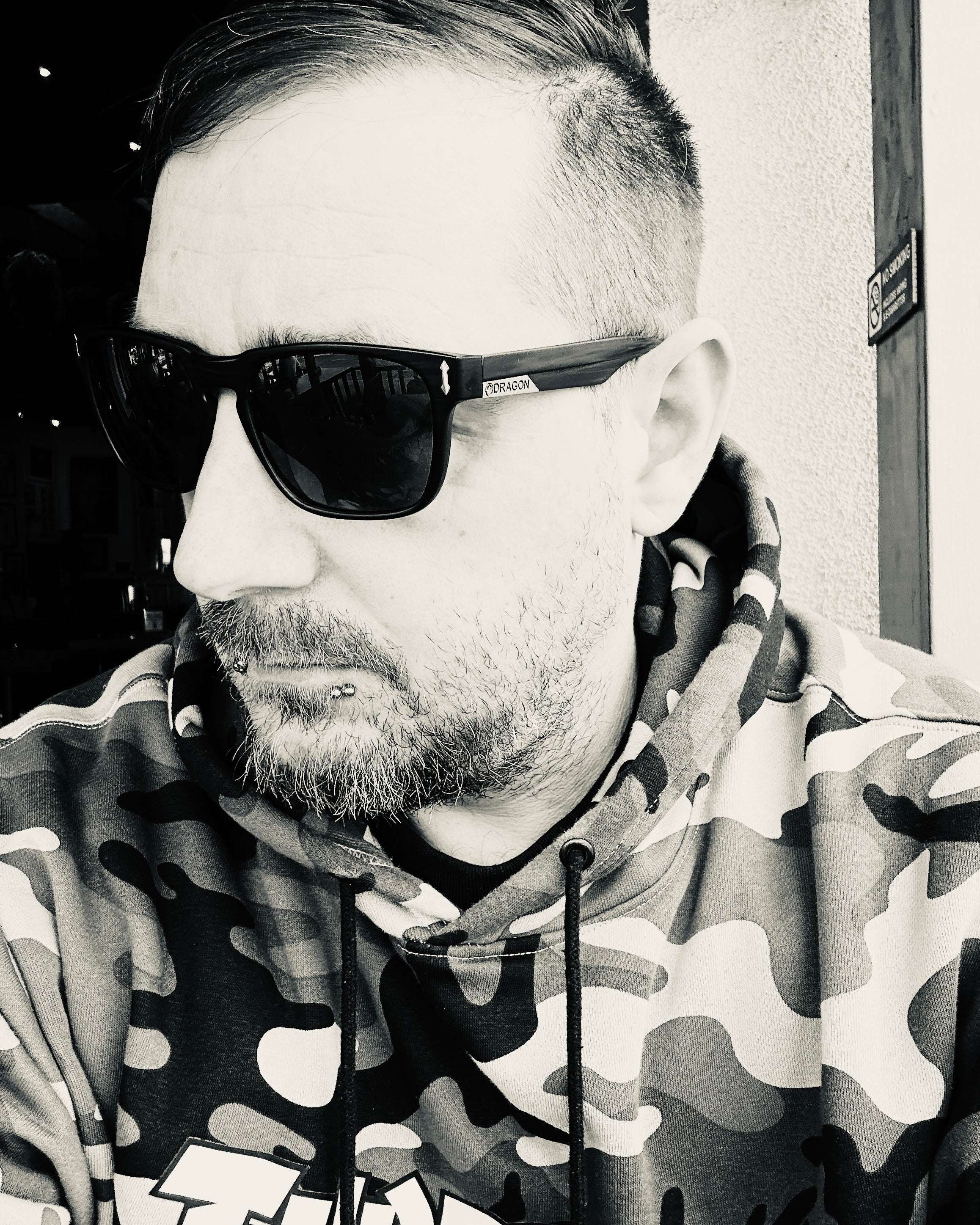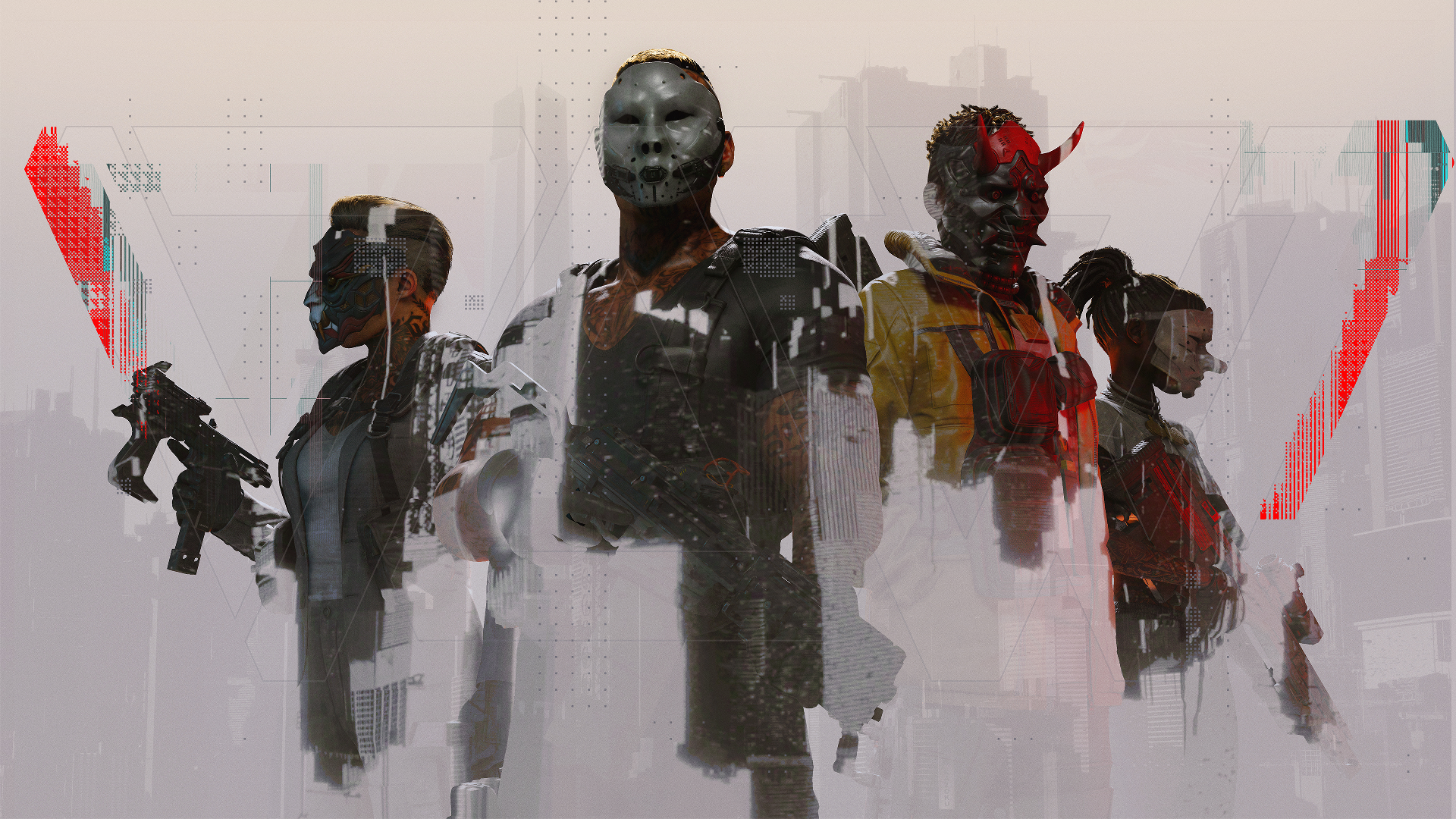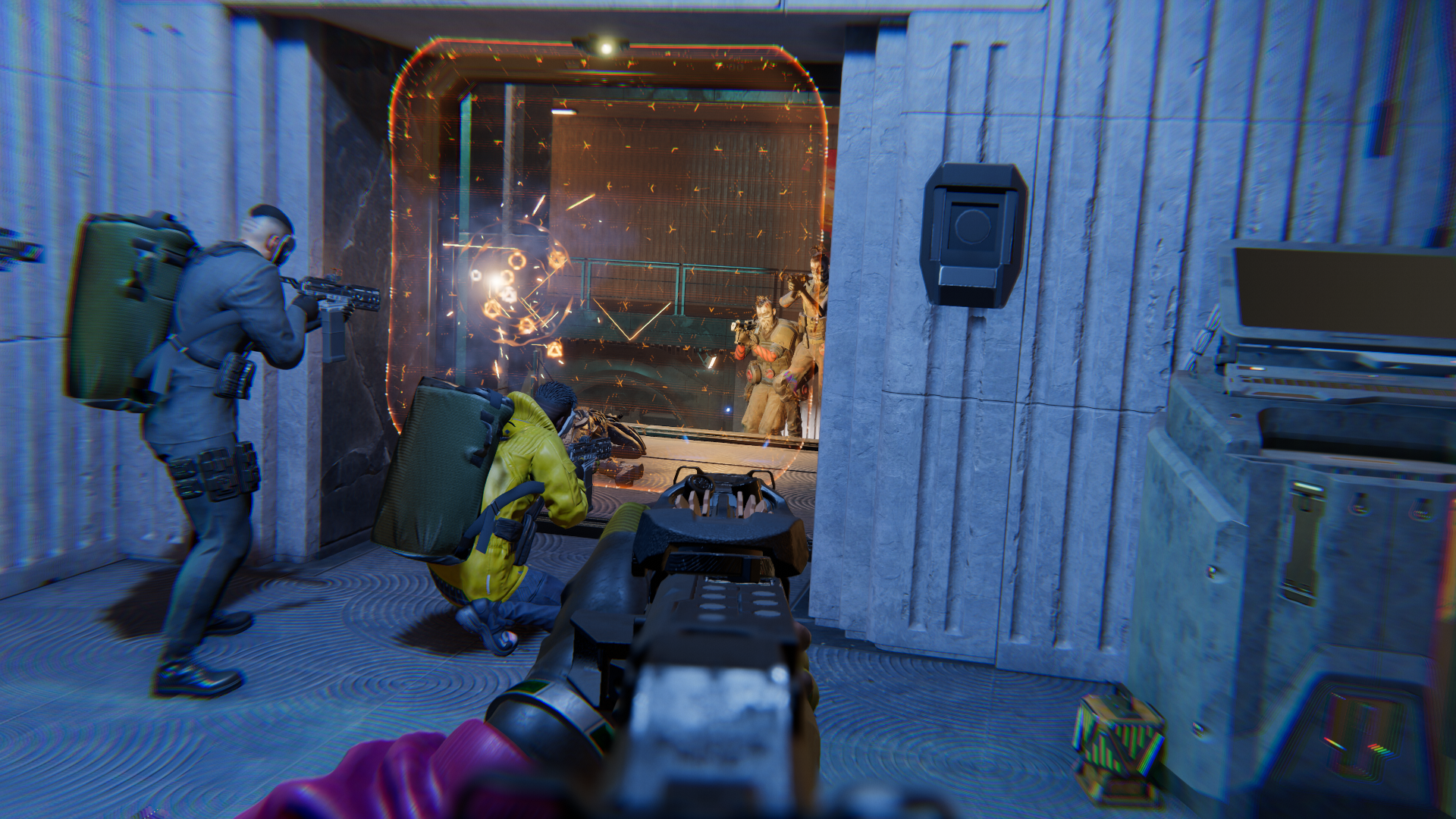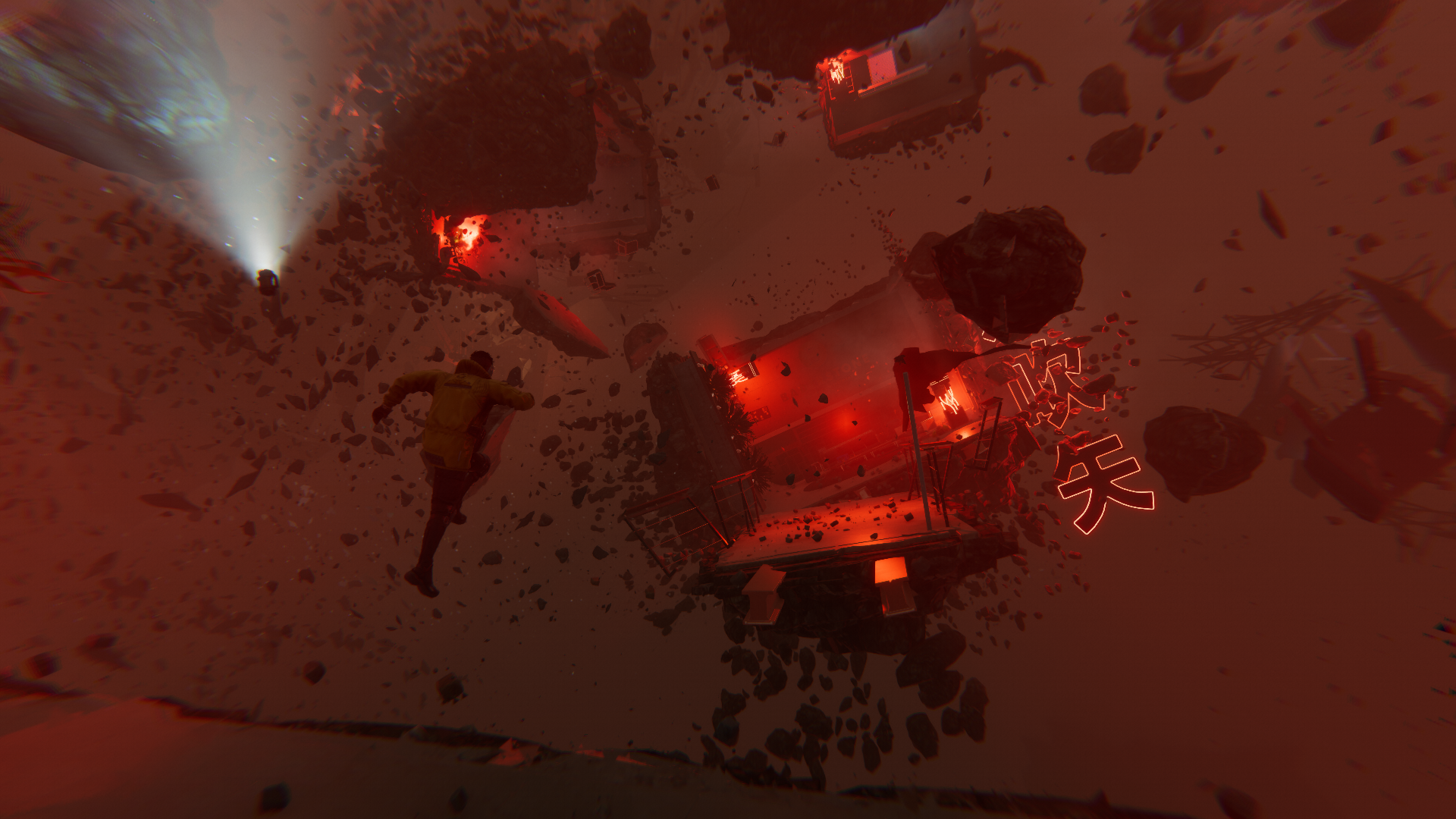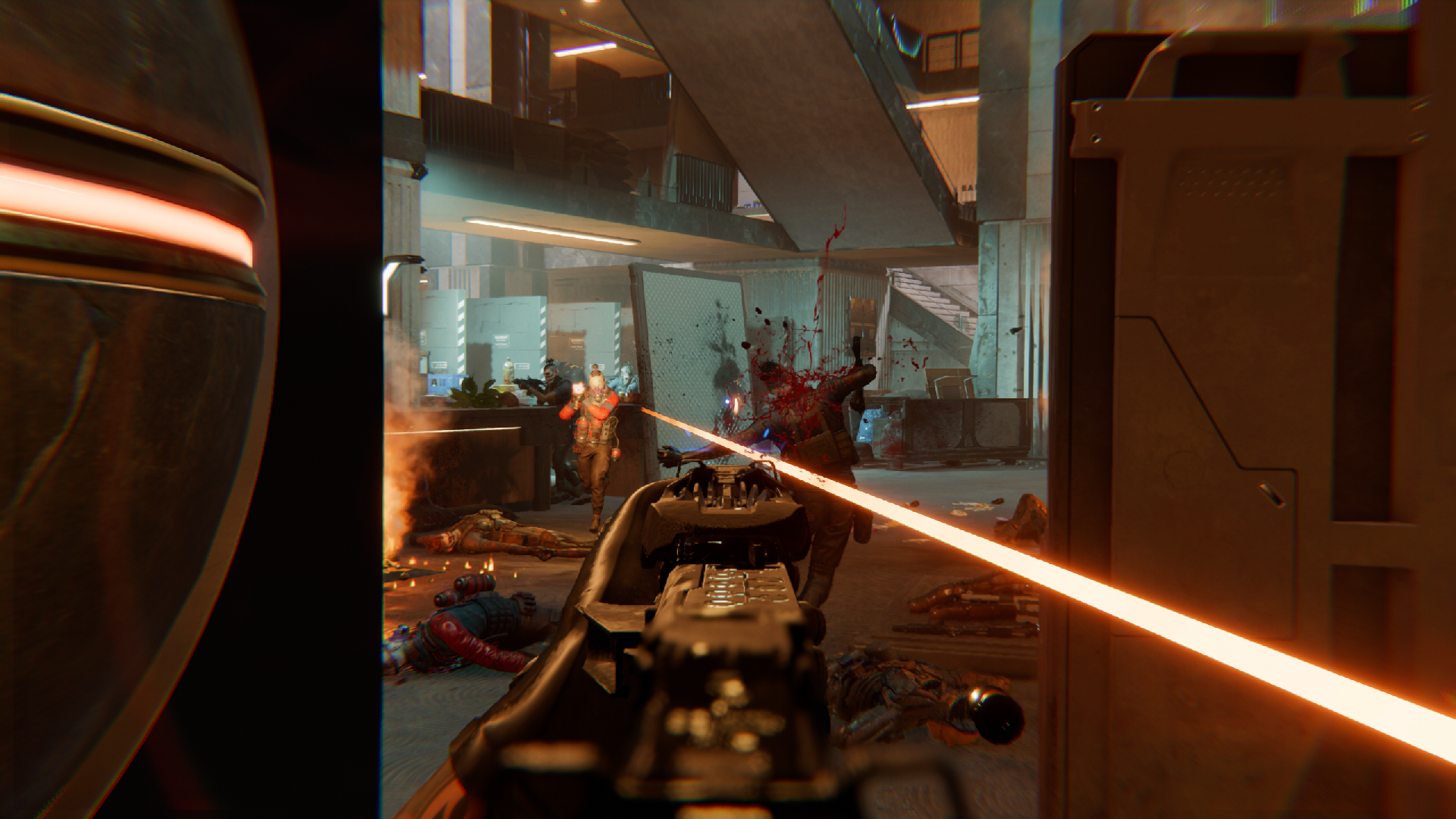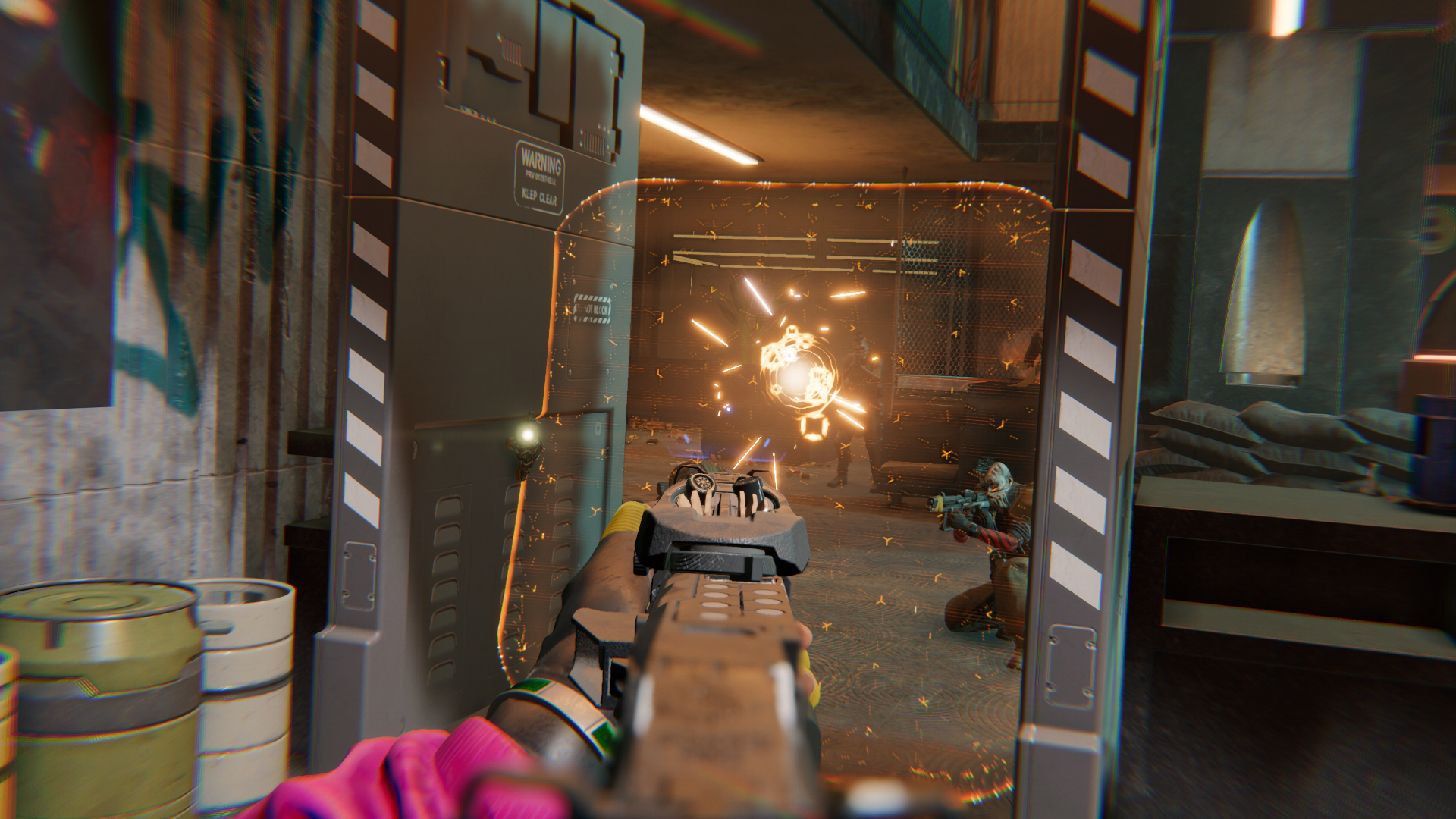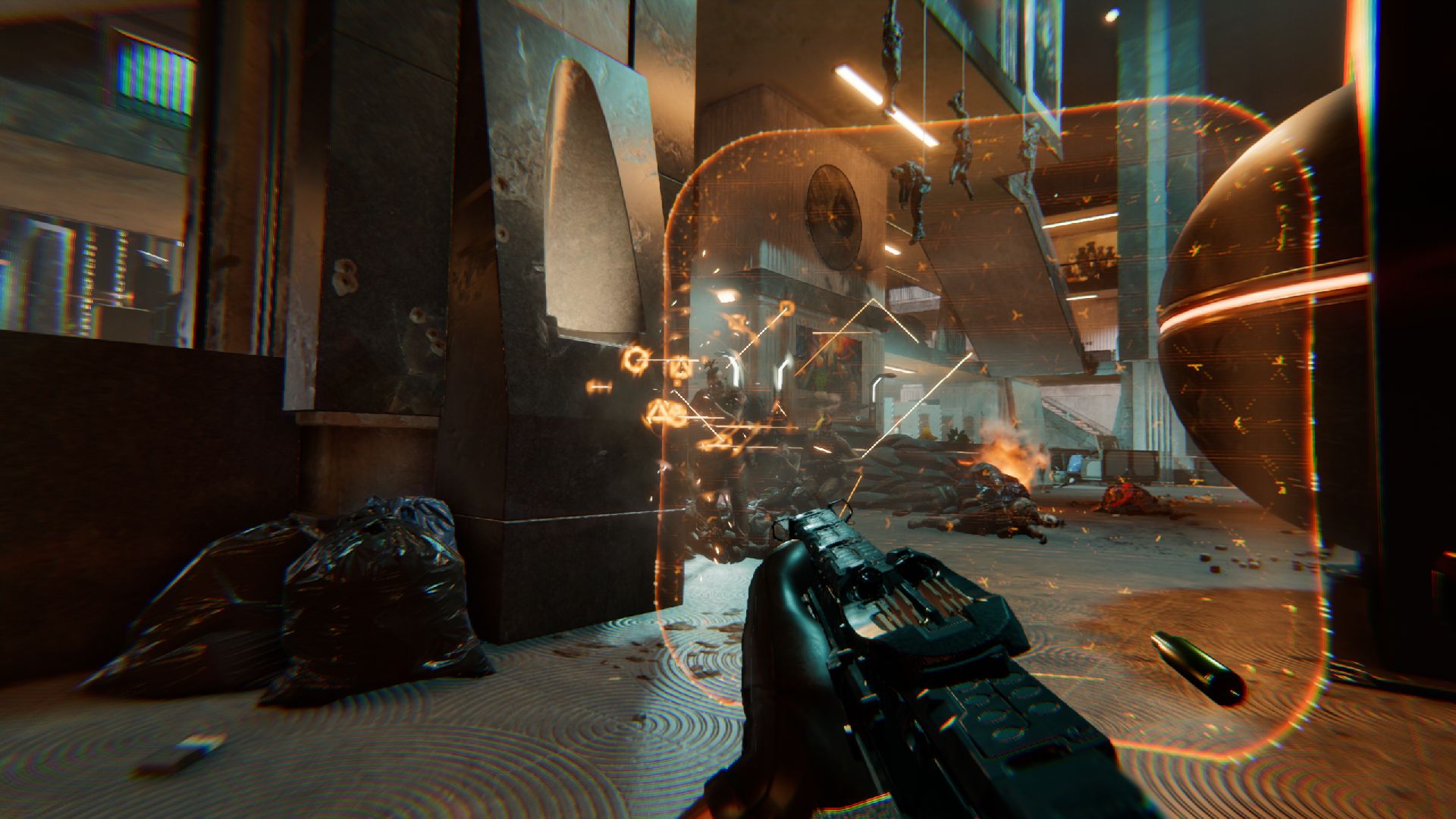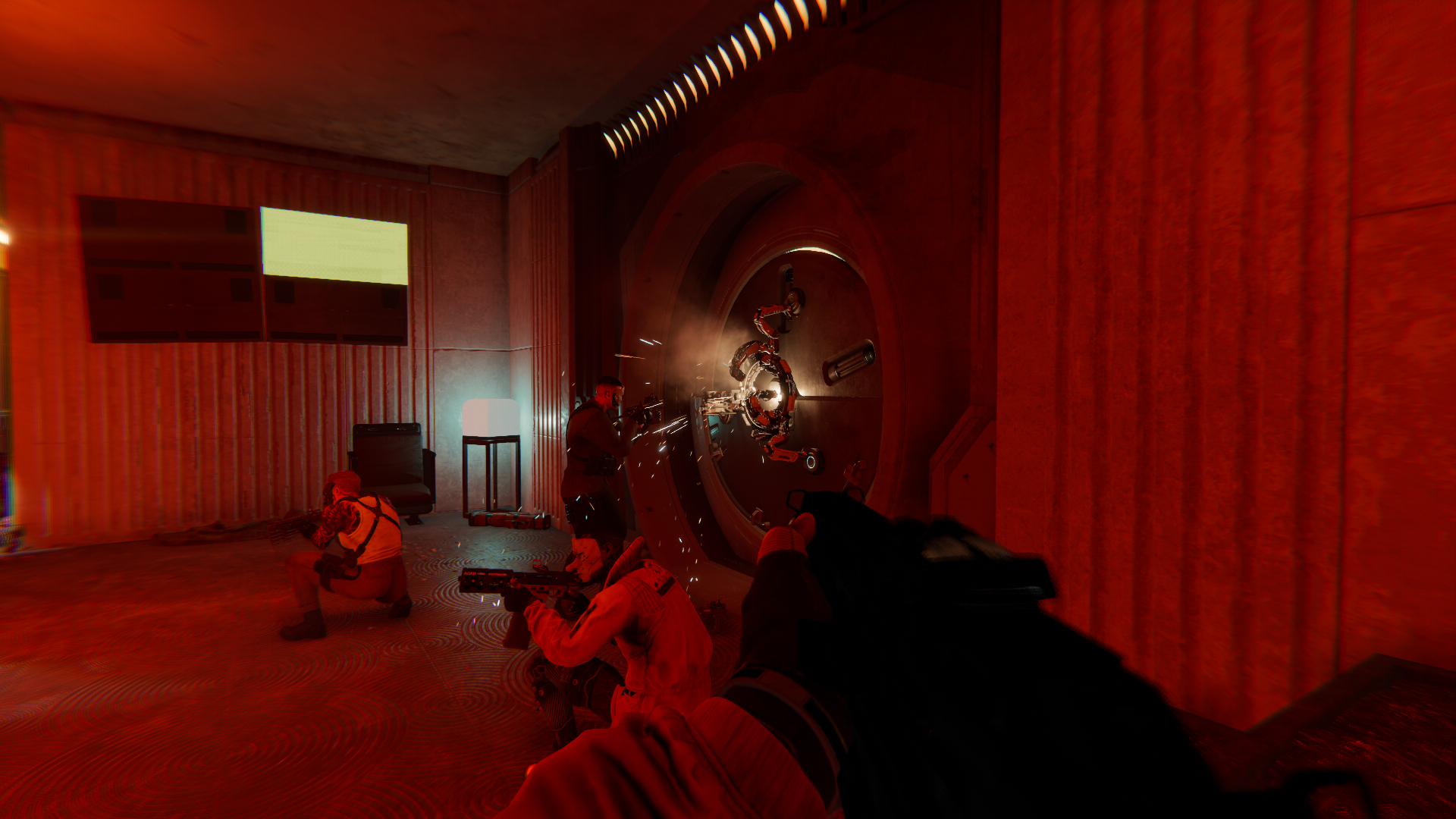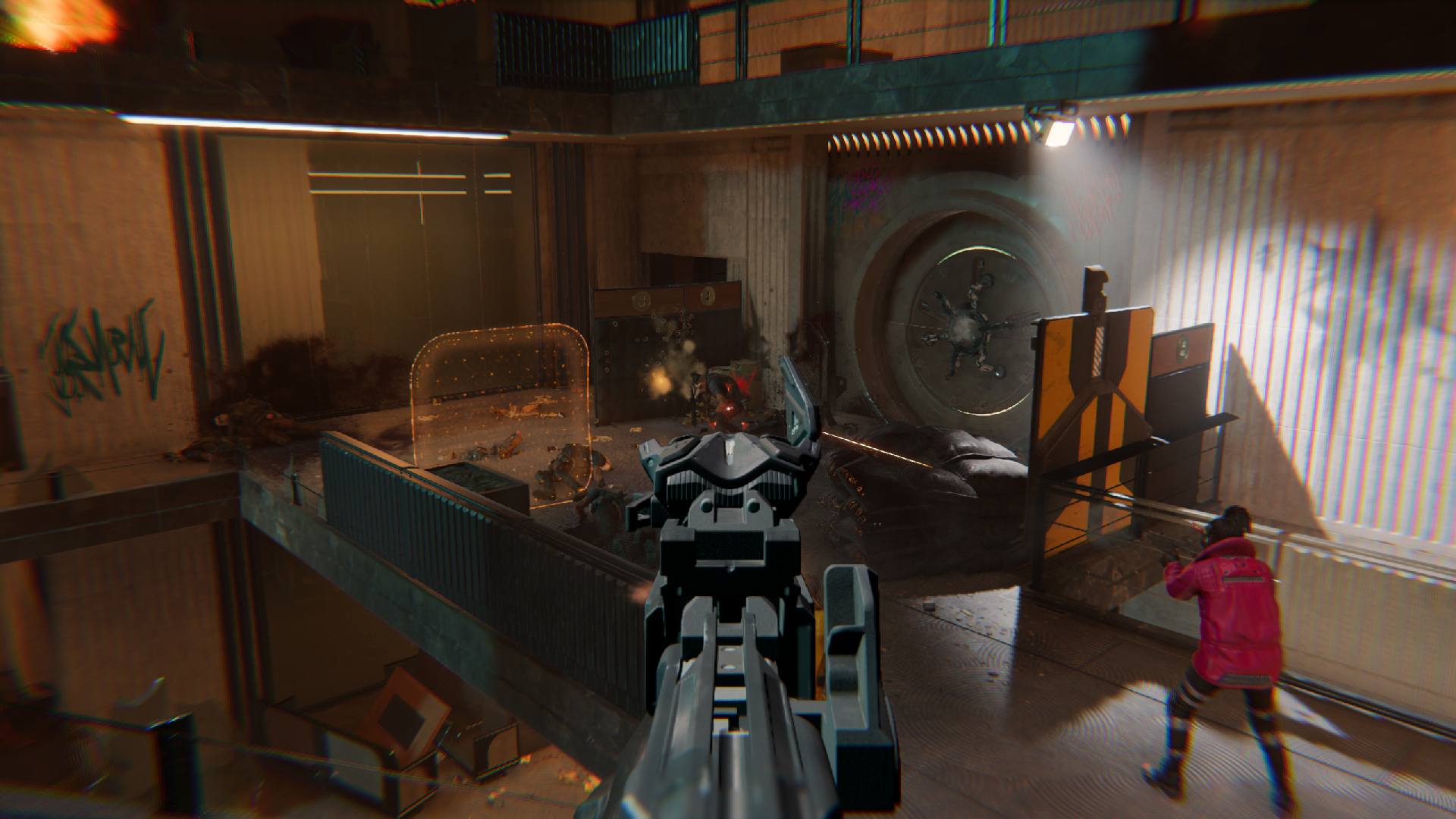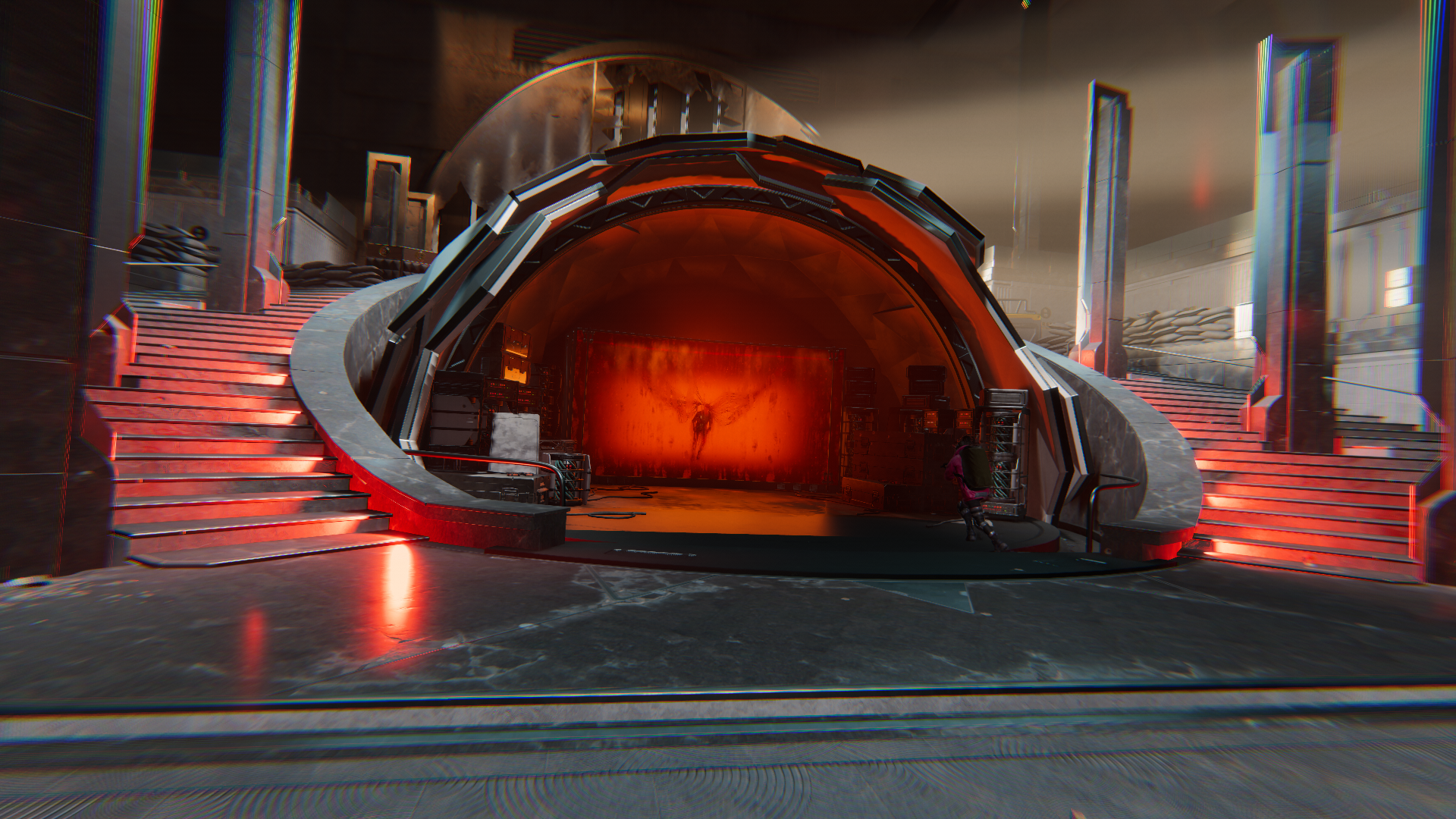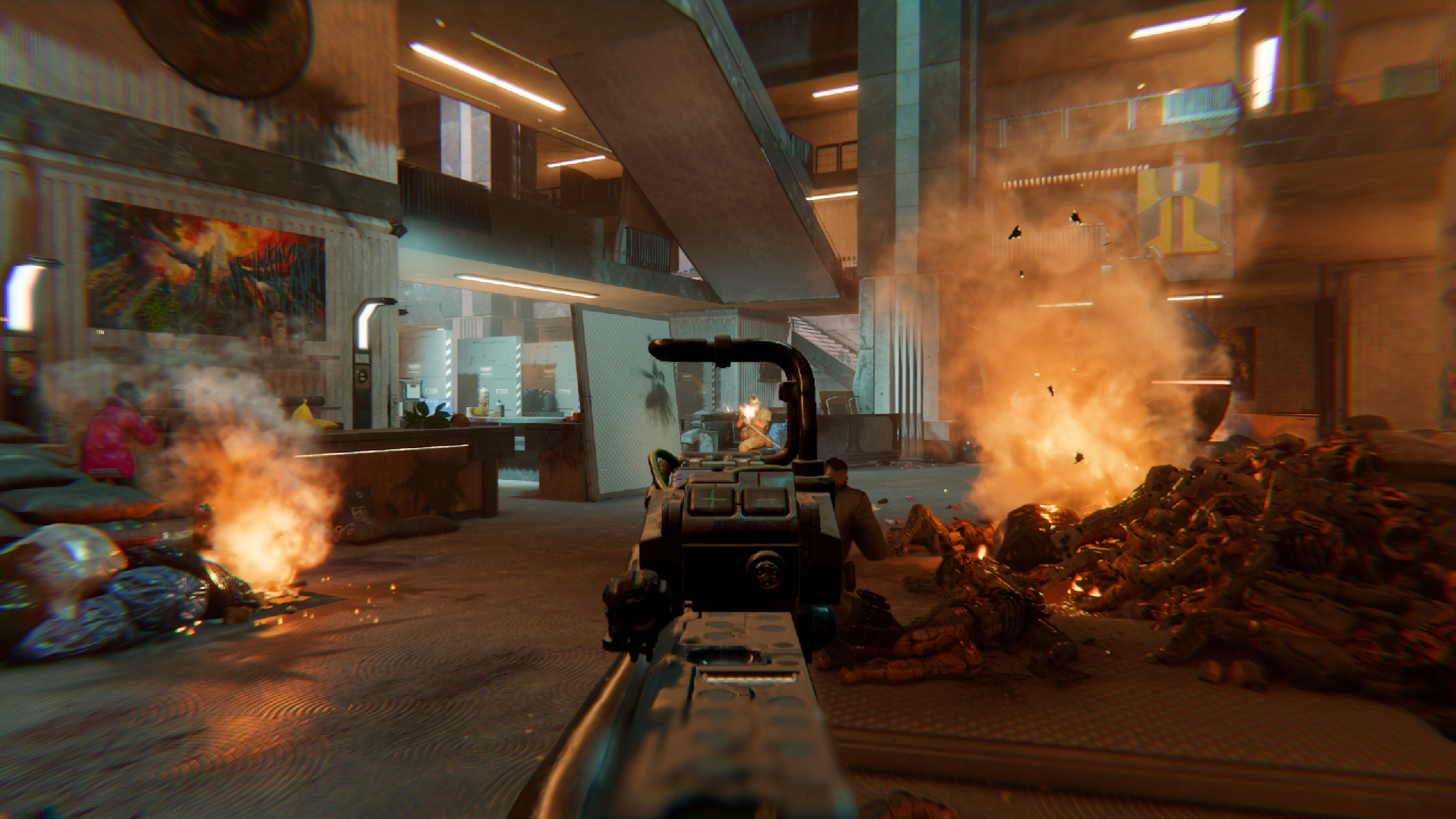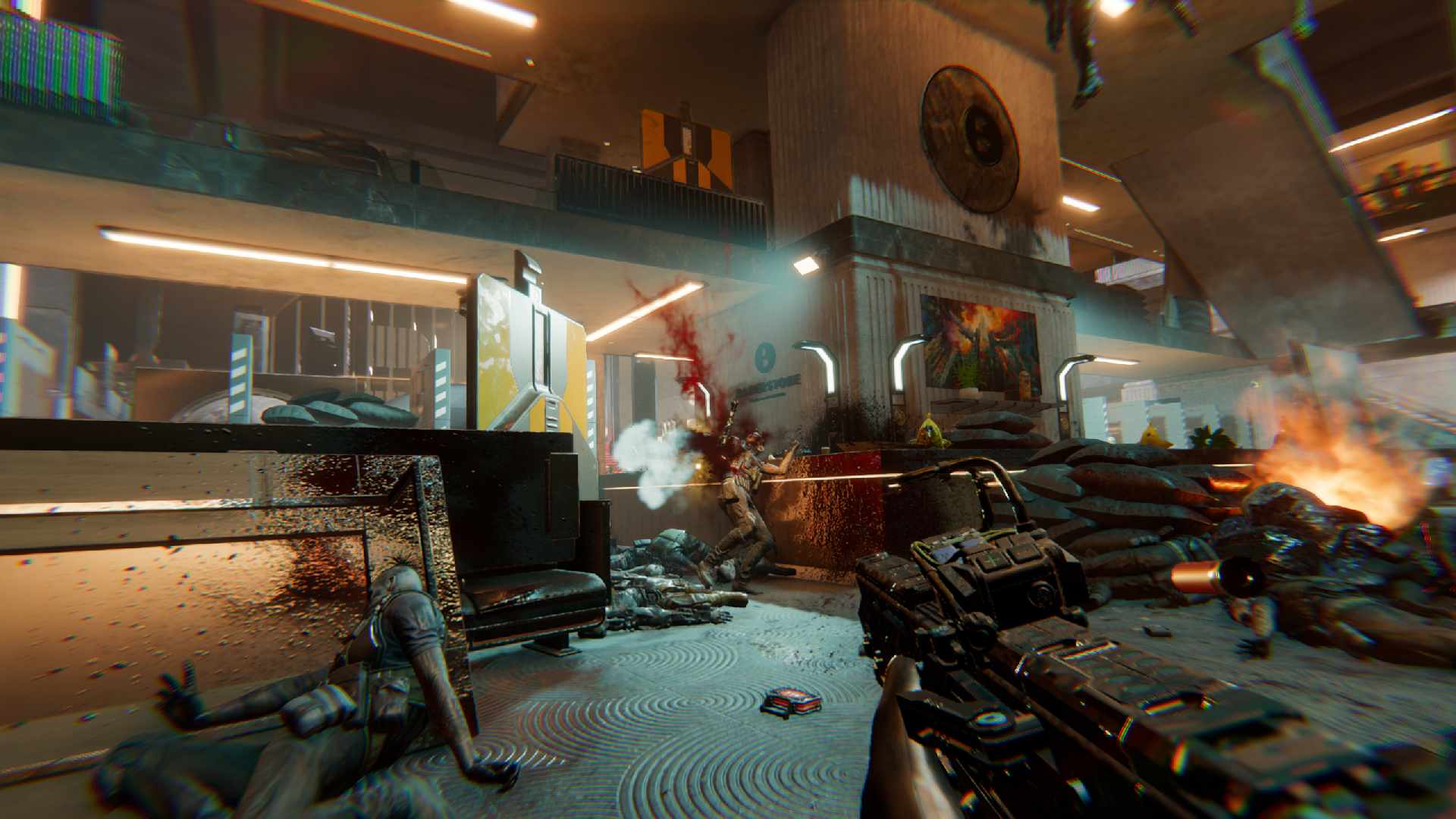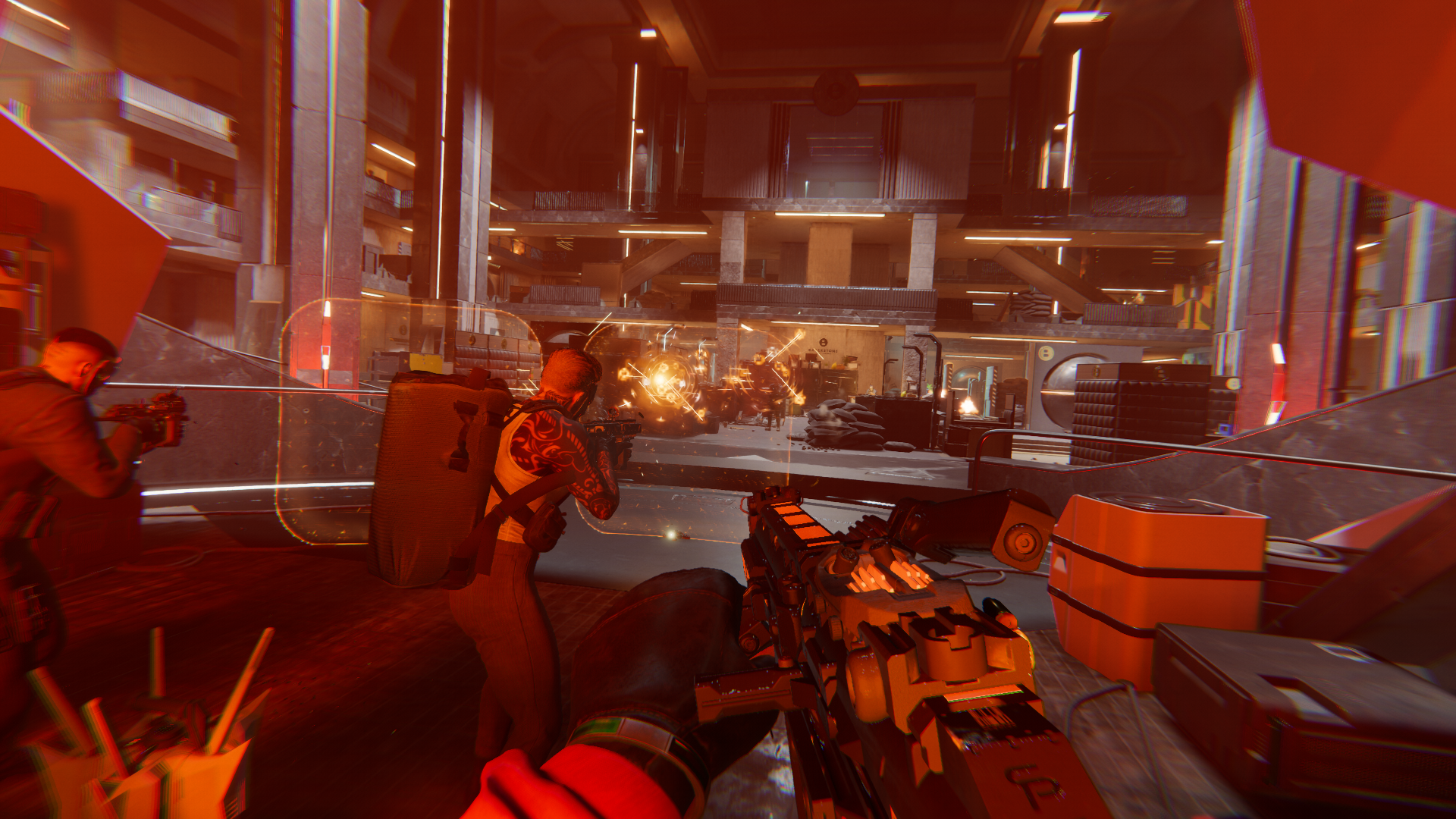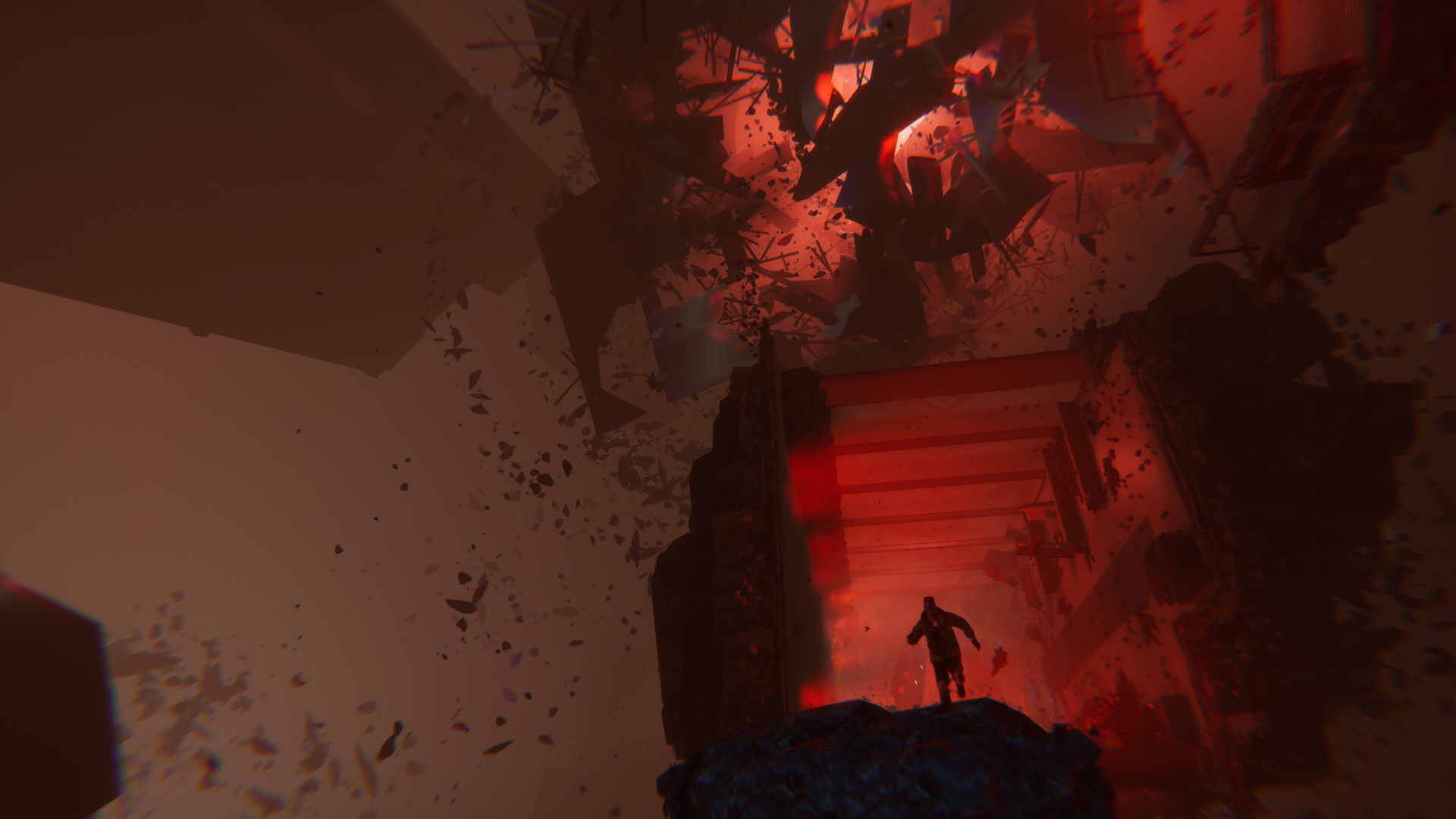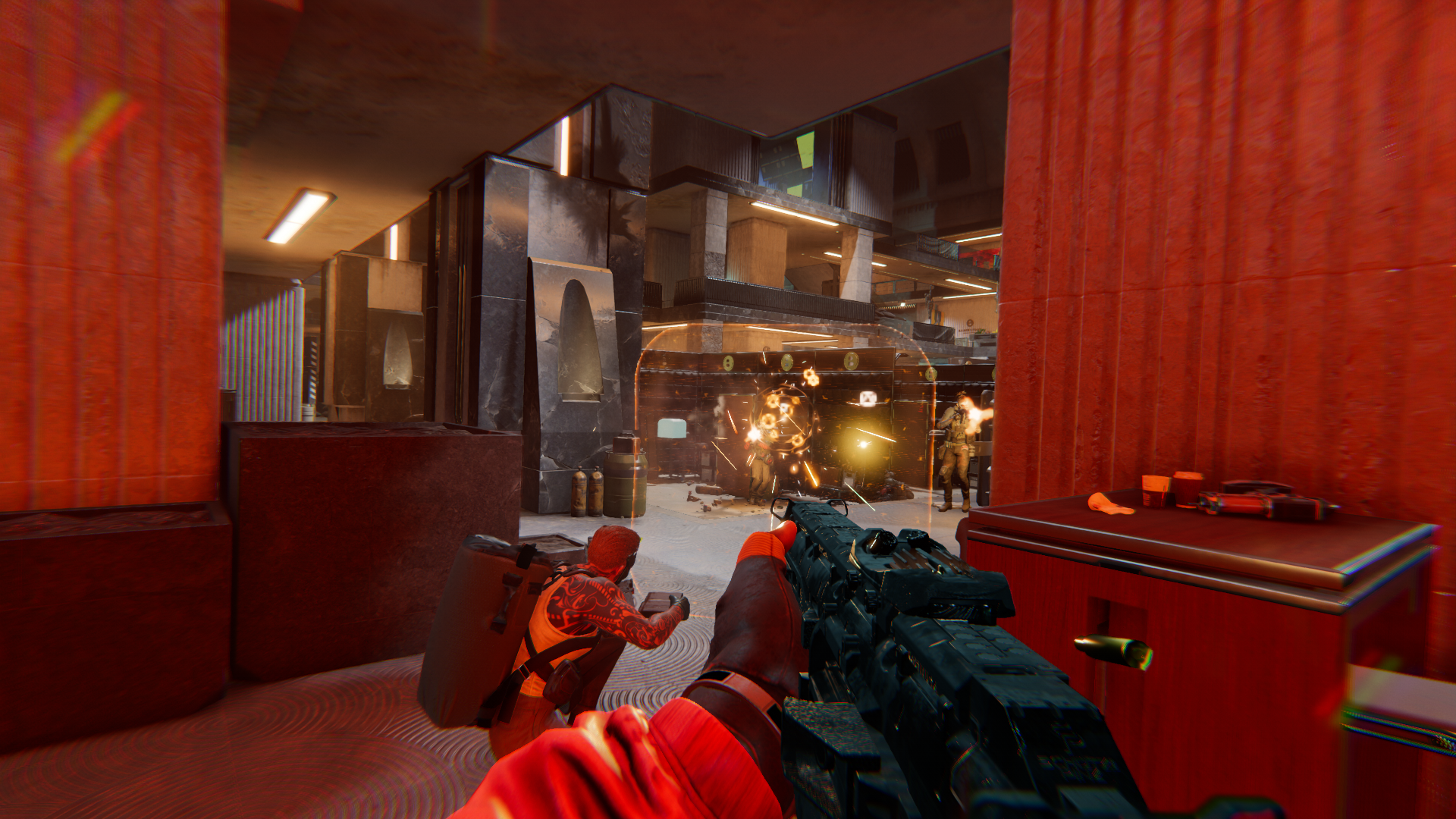We'll just jump straight in. In the presentation it was talked about that you've had this idea in your head for a long time and obviously it's manifested to where it’s at over a period of time with some hurdles along the way. But can you talk, I guess, a little bit about what that original idea was? What were the bare bones of it?
I think it's a combination of things I like, specifically Blade Runner. I'm super into Blade Runner shit, and then we got Heat (RIP, Val), the old (and best) heist movie. So you take those two, you sort of have some idea.
And then you’ve got a bit of Inception in there … and there's a lot of different movies and games that inspire you over the years and this kind of thing. But then there's, like, mechanically and the psychology behind the cooperative gameplay that I keep evolving from title to title. There's things I want to try. We were able to try so many things in GTFO; like, [it’s a] ‘we don't give a fuck’ type of game, so we got to try a bunch of stuff there. And then those things are refined and sort of done similarly or in a very different way (with Den of Wolves), but triggers the same thing [here]. So yeah, I think the exact manifestation is depending on technology, timing, experience and this kind of thing. So the exact vision of it and the exact composition of it is whatever is the most modern take on it with all that in mind. But I think a futuristic heist game has been with me for ages.
And you mentioned that with GTFO, it was like you guys could do whatever the fuck you wanted to do. You’re rock stars. But now with Tencent on board, and obviously you've got stakeholders that you're beholden to in a capacity, has that impacted that ‘do whatever the fuck we want’ attitude? Or is it still pretty much an open slab?
“Rock stars”... I don’t know about that (laughs).
Even when we did GTFO, we had a very clear ‘this is what we're doing’ type thing. Now, that thing we were making had a bunch of things in it that were things you couldn't possibly do with anybody else's money. They would just [say], ‘oh, that hasn’t been done before. It's too niche, it's too weird’. And this kind of thing. Or, like, ‘oh, player feedback is they hate this feature’. And I'm, like, ‘yeah, that's why it's there. They're supposed to hate it’. This kind of thing. And I think in this case, the reason why we're able to do it together with Tencent is that they don't fuck with us that much. There's always going to be economic scrutiny, date scrutiny, release [scrutiny], we're slipping or some shit -- these kinds of questions. There's always going to be, ‘oh, I thought the game was this and now it's this?’ kind of discussions. But in general, [we’re] just feeling that they have a confidence in us making something good has been there from the start. And if it wasn't there, we would never do this.
I'm too fucking old to do this (laughs).
And then the other stakeholder is of course Unity in the sense that you've aligned with them, you're using their engine. And then you just recently talked about migrating to Unity 6, so this is a two part question: One is, how was the migration, what did it allow you to expand upon? And then two, did that put more pressure or ease on development because now you suddenly go, ‘well, fuck, we can add more if we really want to’?
Yeah. So what to understand about Unity 6, which I didn't in the beginning. I don't know how used you are to the Unity development cycle, [but] they've been going through a lot of, I think from 17 and up or something like this. It's been a lot of, like, ‘oh, we have new features, new features!’ And they just added and added and added and visionary stuff. And they never really honed in on the quality of the thing or stabilised things. And then they had a shift in the company. They moved some people around and they did some, I don't know the exact details of it, but they started looking at that Unity 6 thing and started stabilising everything. So our experience was that it was way more work to move from version to version before from the version(s) before Unity 6, but then moving to Unity 6, with a full project of this complexity, we moved it over in just a couple of weeks.
And then we had some issues. We were doing some stuff wrong, but it's mostly because we didn't understand how to use stuff and maybe the documentation was a bit weird or we used it the wrong way because it's such a special case game. It's doing weird shit. So they say, like, ‘oh, this is a feature’. And we're, like, ‘great, let's base everything around that fucking feature’. So for us, it is a nice move and it also enables us to, I mean it's not directly linked to Unity 6, but the ray-tracing stuff and this kind of thing, which we're sort of diving into now and we want to focus on as much as we can. But yeah, it's been a great move. In my experience, it was shit before when they kept throwing features at us, but [Unity 6] has been clean as fuck. I like it, it’s actually very promising.
